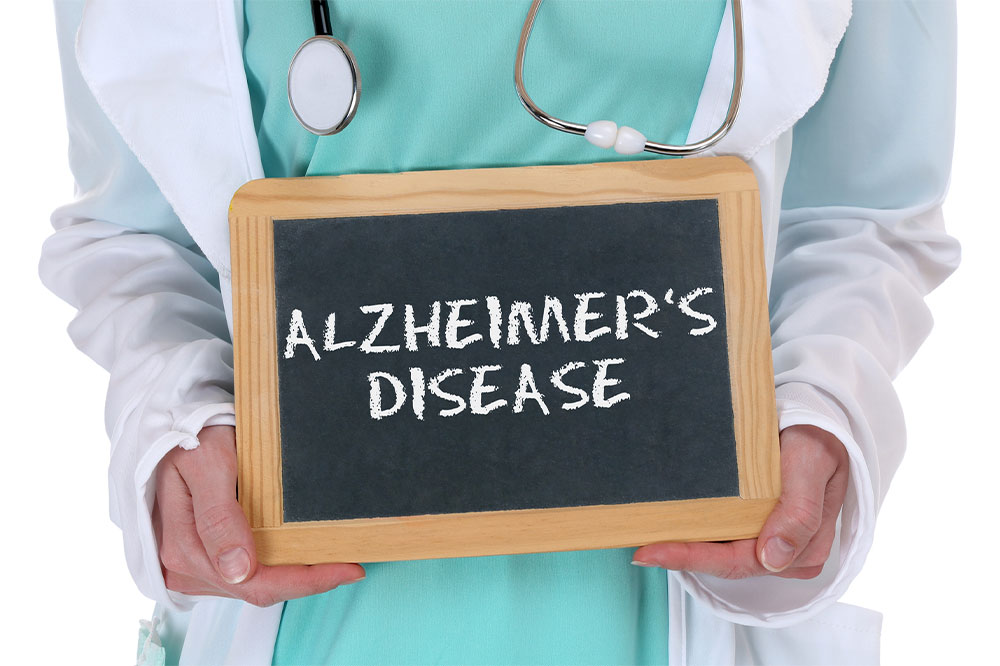Recognizing Early Indicators of Alzheimer’s Disease
Learn to identify the early signs of Alzheimer’s disease, including confusion, memory loss, and behavioral changes. Early detection can improve management and quality of life. Recognize symptoms like disorientation, visual problems, and social withdrawal to seek timely medical advice and support for affected loved ones.
Alzheimer’s disease, a prevalent cause of dementia, progressively impacts brain function and affects approximately 50 million individuals globally. While it is most common among seniors, younger adults can also develop early-onset Alzheimer’s. The disease damages brain cells, leading to cognitive decline, memory issues, and various neurological signs over time. Identifying these initial symptoms is crucial for early intervention and management.
Disorientation
Individuals may experience confusion about dates, seasons, or their location. Difficulty understanding directions or navigating familiar places is also common, making daily activities challenging.
Visual and Perception Difficulties
Patients may struggle with color differentiation and judging distances, which can impair activities like driving. Early perception issues include difficulty judging depth and spatial awareness.
Memory Challenges
Memory loss is a hallmark sign, especially forgetting important dates or recurring questions. As the disease progresses, individuals may rely on diaries or reminders and need support from loved ones.
Task Execution Difficulties
Challenges in completing daily tasks and thinking critically are early indicators. Tasks involving planning or following detailed steps become increasingly difficult, leading to forgetfulness during routines or errands.
Speech and Communication Problems
People affected may have trouble finding words, participating in conversations, or may repeatedly speak the same things, often losing their train of thought mid-sentence.
Logical and Decision-Making Impairment
Judgment and reasoning skills decline, affecting decision-making abilities. Routine decisions, financial management, and problem-solving become significantly harder, impacting independence.
Mood and Behavioral Changes
Alterations in personality, increased suspicion, anxiety, depression, and irritability are common as the disease advances. Awareness of symptoms can also heighten anxiety.
Poor Judgment
Individuals may make risky or inappropriate choices, especially concerning health or finances, and neglect personal hygiene, leading to disheveled appearance.
Social Withdrawal
Loss of interest in hobbies, social activities, and communication is typical. Many avoid interactions as frustration grows, resulting in social isolation.
If early signs are observed, consulting a healthcare professional is essential. Memory and cognitive screening tests can help determine the need for an in-depth evaluation. Timely diagnosis can enhance management strategies and quality of life.
Disclaimer:
Our website provides informative content across various topics. While based on research and facts, it should not replace professional medical advice. Readers are encouraged to seek expert consultation for health concerns. We disclaim responsibility for discrepancies or inaccuracies in external data or offers referenced.










